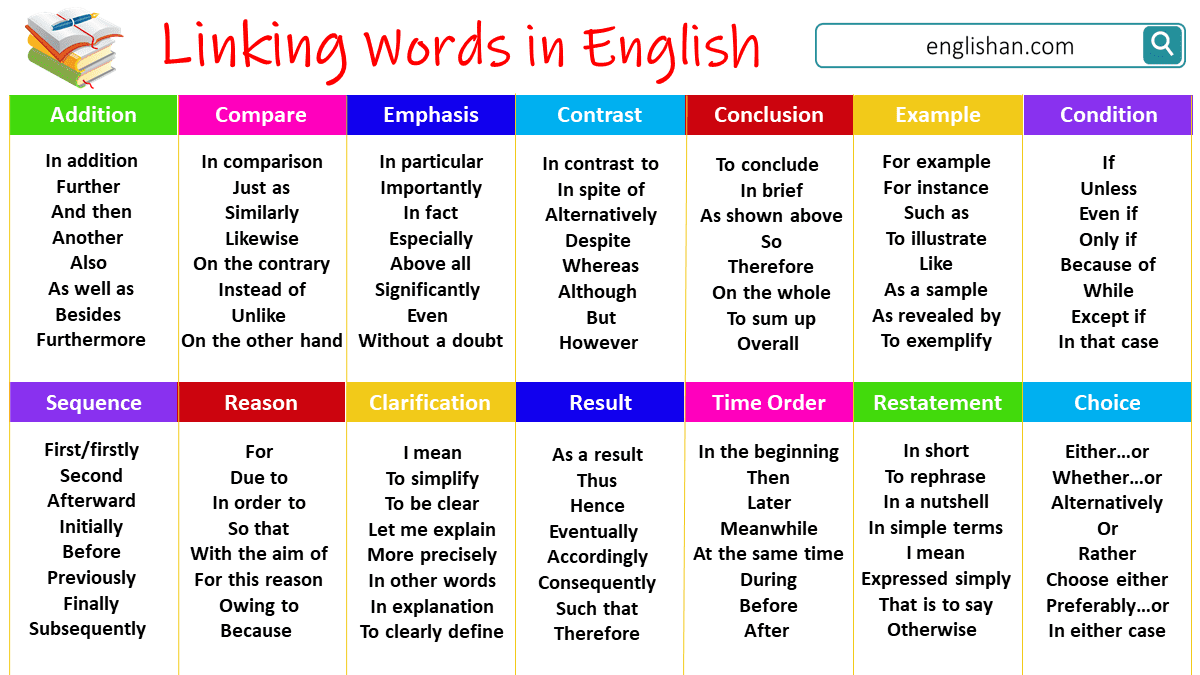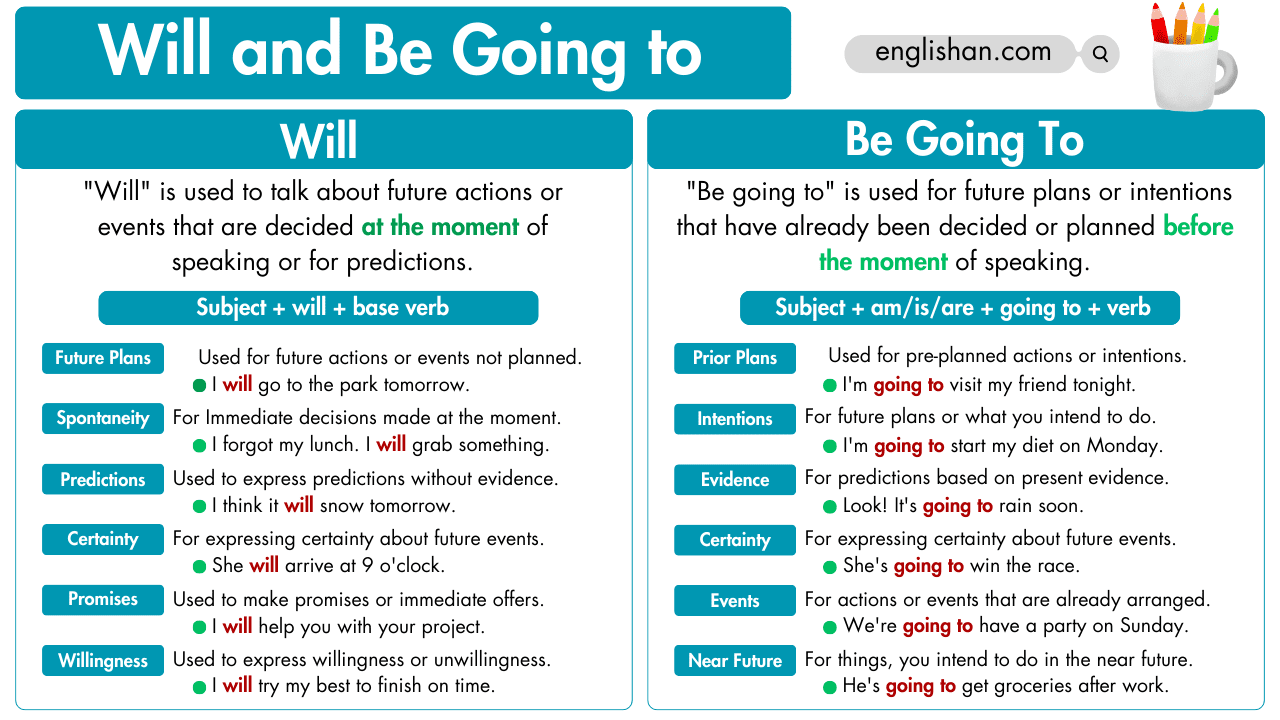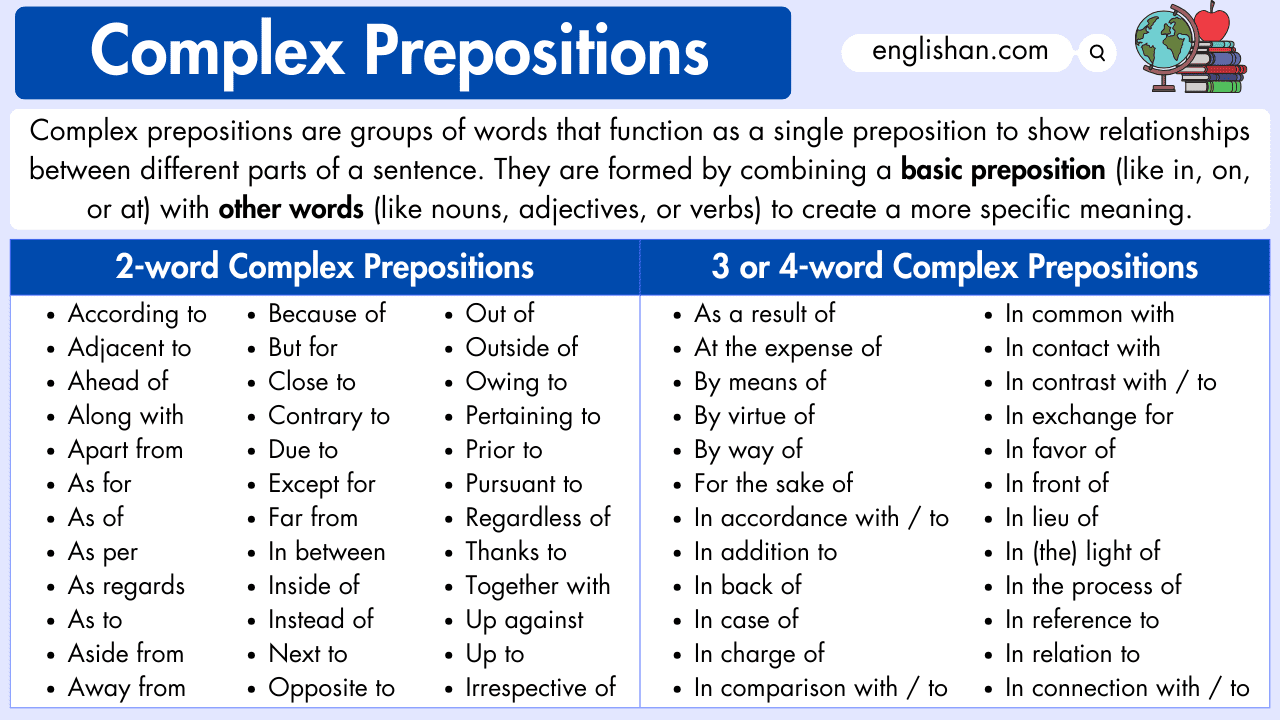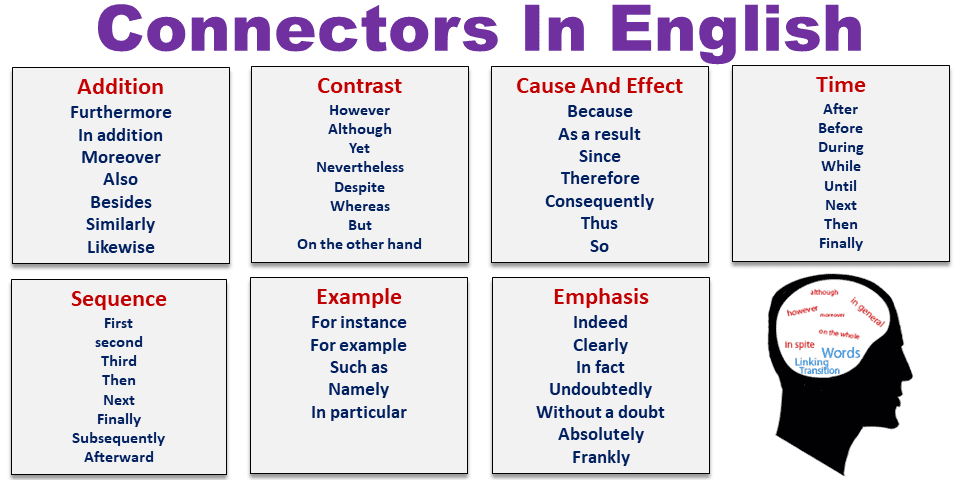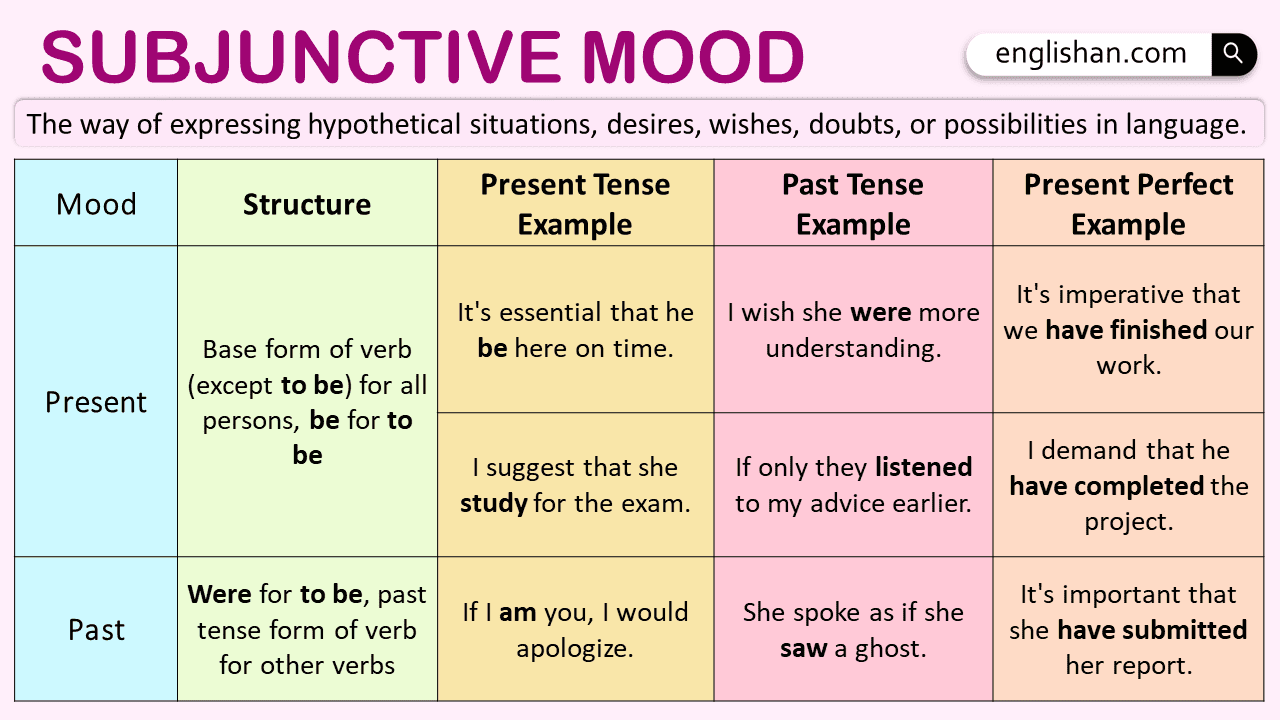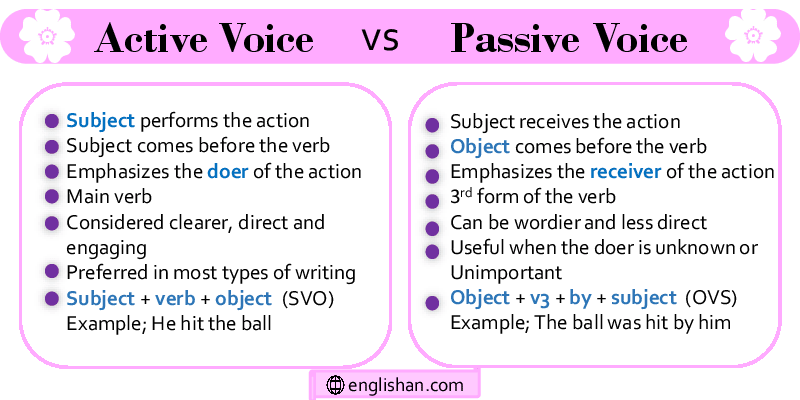Contents
Understanding opposites, or antonyms, is key to expanding your English vocabulary. For example, in the sentence: The large dog is friendly, but the small dog is unfriendly, the words “friendly” and “unfriendly” are opposites. Learning these pairs not only improves your communication but also helps you sound more fluent. This guide will introduce you to many opposite adjectives and how to use them effectively in daily conversations.
What Are Opposite Adjectives?
Opposite adjectives are pairs of words with completely different meanings. For example, big and small are opposites because they describe sizes that are totally different. Knowing these words helps you compare and describe things better.
List of Opposite Adjectives
| Adjective | Opposite | Example Sentence |
|---|---|---|
| Slow | Fast | The snail is slow, but the cheetah is fast. |
| Thick | Thin | The book is thick, while the notebook is thin. |
| Straight | Curly | Amina’s hair is straight, but Fatima’s hair is curly. |
| Light | Heavy | The feather is light, but the rock is heavy. |
| Loose | Tight | The shirt is loose, but the jeans are tight. |
| Beautiful | Ugly | The garden is beautiful, but the alley is ugly. |
| Big | Small | The elephant is big, but the mouse is small. |
| Strong | Weak | The athlete is strong, but the child is weak. |
| Brave | Cowardly | The firefighter is brave, but the thief was cowardly. |
| Modern | Ancient | The skyscraper is modern, while the ruins are ancient. |
| Happy | Sad | The children were happy, but the teacher was sad. |
| Hot | Cold | The tea is hot, but the ice cream is cold. |
| Clean | Dirty | The house is clean, but the yard is dirty. |
| Healthy | Sick | The athlete is healthy, but the patient is sick. |
| Hard-working | Lazy | Ahmad is hard-working, but Bilal is lazy. |
| Optimistic | Pessimistic | Sara is optimistic, but her friend is pessimistic. |
| Friendly | Unfriendly | The dog is friendly, but the cat is unfriendly. |
| Generous | Selfish | He is generous, but his brother is selfish. |
| Bright | Dim | The room is bright during the day, but dim at night. |
| Deep | Shallow | The lake is deep, but the pond is shallow. |
| Early | Late | He arrived early for the meeting, but she was late. |
| Expensive | Cheap | The watch is expensive, but the bracelet is cheap. |
| Full | Empty | The glass is full, but the bottle is empty. |
| Hard | Soft | The rock is hard, but the pillow is soft. |
| Kind | Mean | Aisha is kind to everyone, but her rival is mean. |
| Narrow | Wide | The alley is narrow, but the avenue is wide. |
| Noisy | Quiet | The marketplace is noisy, but the library is quiet. |
| Rich | Poor | The man is rich, but his childhood was poor. |
| Smart | Foolish | She made a smart decision, unlike his foolish mistake. |
| Sweet | Bitter | The cake is sweet, but the medicine is bitter. |
| Wet | Dry | The towel is wet, but the shirt is dry. |
| Young | Old | The puppy is young, but the dog is old. |
Opposite Adjectives for Personality
Personality words describe how people behave. Here are some opposite adjectives for personality:
- Brave vs. Cowardly: A brave person faces challenges, but a cowardly person avoids them out of fear.
- Generous vs. Selfish: Generous people share their time or things. Selfish people only think about themselves.
- Friendly vs. Unfriendly: A friendly person is kind and welcoming. An unfriendly person is cold or rude.
Example Sentences:
- Zainab is brave for speaking up in front of a large crowd.
- Ali is generous with his time, always helping his friends.
- The new neighbor is friendly and always greets us warmly.
Opposite Adjectives for Appearance
Words for appearance describe how people and things look. Examples of opposites for appearance:
- Beautiful vs. Ugly: Beautiful means nice to look at, while ugly does not.
- Thick vs. Thin: Thick is large in size, while thin is smaller.
- Short vs. Tall: Short is less height, and tall is more height.
Example Sentences:
- The park is beautiful with flowers, but the alley is ugly and dirty.
- The winter coat is thick and warm, while the scarf is thin and light.
- Hiba is tall enough to reach the top shelf, but her sister is short and needs a stool.
Opposite Adjectives for Actions
Actions can show effort or behavior. Opposites for actions include:
- Hard-working vs. Lazy: A hard-working person tries hard. A lazy person does not.
- Careful vs. Careless: A careful person pays attention. A careless one does not.
Example Sentences:
- Ahmed is hard-working and stays late to finish his work.
- The careful driver checked all mirrors, unlike the careless one who caused an accident.
Opposite Adjectives for Emotions
Emotions are how we feel. Examples of opposites for emotions:
- Happy vs. Sad: Happy is feeling good, while sad is feeling bad.
- Optimistic vs. Pessimistic: Optimistic means seeing the good side, while pessimistic means seeing the bad.
Example Sentences:
- Hassan was happy when he passed his exam, but Sarah was sad because she didn’t.
- An optimistic person believes in better opportunities, while a pessimistic person doubts them.
Opposite Adjectives for Places and Objects
Places and objects can also be described with opposite adjectives. Examples:
- Modern vs. Ancient: Modern means new, and ancient means very old.
- Clean vs. Dirty: Clean means neat, and dirty means messy.
- Big vs. Small: Big means large, and small means little.
Example Sentences:
- The city center is modern, filled with skyscrapers, but the outskirts have ancient ruins.
- The kitchen is clean after being tidied up, but the garage is dirty and cluttered.
- The mansion is big and spacious, while the cottage is small but cozy.
Opposite Adjectives for Weather
Weather words help us talk about conditions outside. Examples include:
- Hot vs. Cold: Hot is high temperature, and cold is low temperature.
- Dry vs. Wet: Dry has no water, while wet does.
- Bright vs. Dark: Bright means full of light, and dark means no light.
Example Sentences:
- The summer afternoon was hot and sunny, while the winter morning was cold and foggy.
- The desert is dry with almost no rain, but the rainforest is wet and humid.
- The room was bright with sunlight streaming in, but it became dark when the curtains were closed.
Opposite Adjectives for Time and Speed
Time and speed words show how fast or slow things happen. Examples:
- Slow vs. Fast: Slow means taking time, while fast means quick.
- Early vs. Late: Early means before the expected time, while late means after.
Example Sentences:
- The old man walked slow, but the young boy ran fast.
- We arrived early for the concert, but many people came late.
How to Use Opposite Adjectives in Sentences
When using opposite adjectives, they show differences. For example:
- Correct: Aisha’s dress is long, but Zainab’s dress is short. ✅
- Incorrect: Aisha’s dress is long, and Zainab’s dress is long too. ❌
Tips for using opposite adjectives:
- Use but or while to compare opposites.
- Keep the adjectives near the words they describe.
FAQs on Opposite Adjectives
Q1: What are opposite adjectives?
A1: Opposite adjectives are words that have opposite meanings, like big and small.
Q2: How do I use opposite adjectives in sentences?
A2: You can use them to compare. Example: The blue car is fast, but the red car is slow.
Q3: Why are opposite adjectives important?
A3: They help you explain differences and improve your vocabulary.
You May Also Like
